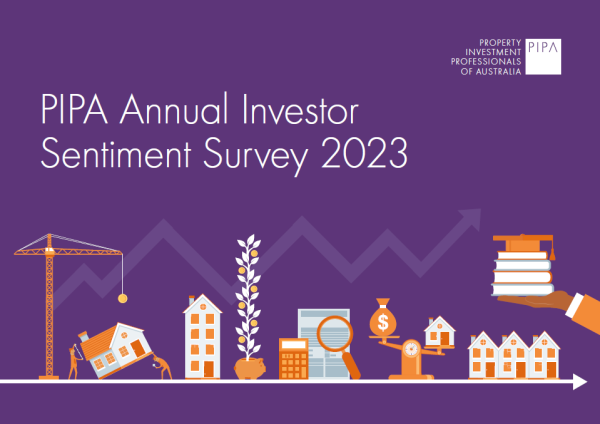The Pros and Cons of Rentvesting
Jul 2020Karen Millers
Categories
Location ReportsMedia releasesNational market updatesPersonal advisersPIPA AdviserPIPA Annual Investor Sentiment SurveysPIPA Member ProfilesPIPA video updatesPIPA webinarsPodcastsProperty advisersProperty newsLatest Articles
Rent rises ease but crisis’ link to population density found to be tenuous
Jordan van den Berg: The ‘Robin Hood’ TikToker taking on Australian landlords
Victorian property investors face yet another new property tax as council tests levy
Rentvesting in Australia: A deep dive
‘More chance of winning lotto’ than housing targets being met
Amongst the many outdated property investment notions is that rent money is supposedly dead money.
However, there is a caveat to that concept.
That’s because life-long renters will likely always struggle financially later in life.
By the time they reach their twilight years, they generally won’t have the property assets to create a comfortable retirement.
However, some long-term renters will have quietly been growing property portfolios while living in someone else’s property for years.
By the time they are considering retirement, they may have not even lived in any of the properties that they owned during their working lives. Rather, they rented elsewhere while their investment properties grew in value over the medium to long-term duration. Then, at retirement, they can choose to sell some of their holdings to pay down the mortgage on the home they intend to live in as well as to finance their lifestyle.
According to the latest Property Investment Professionals of Australia (PIPA) Investor Sentiment Survey, the majority (63%) of investors said they would consider rentvesting – which is renting in one location and investing in another as a property investment strategy. Whereas, over one-third of first-time investors in the survey have identified themselves as ‘rentvestors’ – where they’ve bought an investment property while renting elsewhere.
There is no doubt that this way of living and investing is on the rise.
I am one of the many people rentvesting in Australia.
Today, I live in a $1.2 million home that I rent with my wife, but that money doesn’t come out of our back pockets. Over the past 9 years, we built a $4 million portfolio around Australia, which creates $75,000 in passive income that now pays for our rent, so we get to live rent-free!
However, like any investment strategy, there are pros and cons that need to be considered before deciding whether rentvesting is for you:
Pros:
- By adopting a borderless investment mindset, you can buy in growth markets across Australia, which is probably not where you currently live. This allows you to make the most of other markets while remaining in your location of choice.
- It can often be cheaper to rent a property in a desirable location than to buy, depending on where you live.
- Over time, you will see passive income from investments rather than living in your own home that doesn’t produce income.
- If you run a business and have a home office, you can claim part of the rent/electricity as a tax deduction. You can’t do this in your own home because of future Capital Gains Tax implications.
- When renting, you don’t need to pay for maintenance on the property you live in. You just pay your rent and utility bills, and if there are repairs that need to be completed you simply contact your property manager.
Cons:
- Smart investors understand that they have to hold their investment properties for the long-term to make the most of capital growth. However, your landlord may decide to sell the property you’re renting for a variety of reasons while you’re living there. This means there is less stability and you might have to move around more than you’d like to do.
- When you live in a property that you own, you can paint the walls or renovate the bathroom as you see fit. In a rental property, on the other hand, you can’t update it, so you can be stuck with issues, such as bad water pressure or no air conditioning, while you live there.
- To make the most of rentvesting, you need to be prepared to be a renter for medium- to long-term as if you build a property portfolio. You then need to wait for your investments to perform before you can make the most of the capital growth and income.
Utilising renting as part of an effective overall investment strategy is a great way to build your property portfolio while living the lifestyle you want. However, with this list of pros and cons, you must consider your own financial circumstances before choosing whether rentvesting is for you.
Daniel Walsh, Urban.com.au, 4 July 2020
https://www.urban.com.au/news/the-pros-and-cons-of-rentvesting




